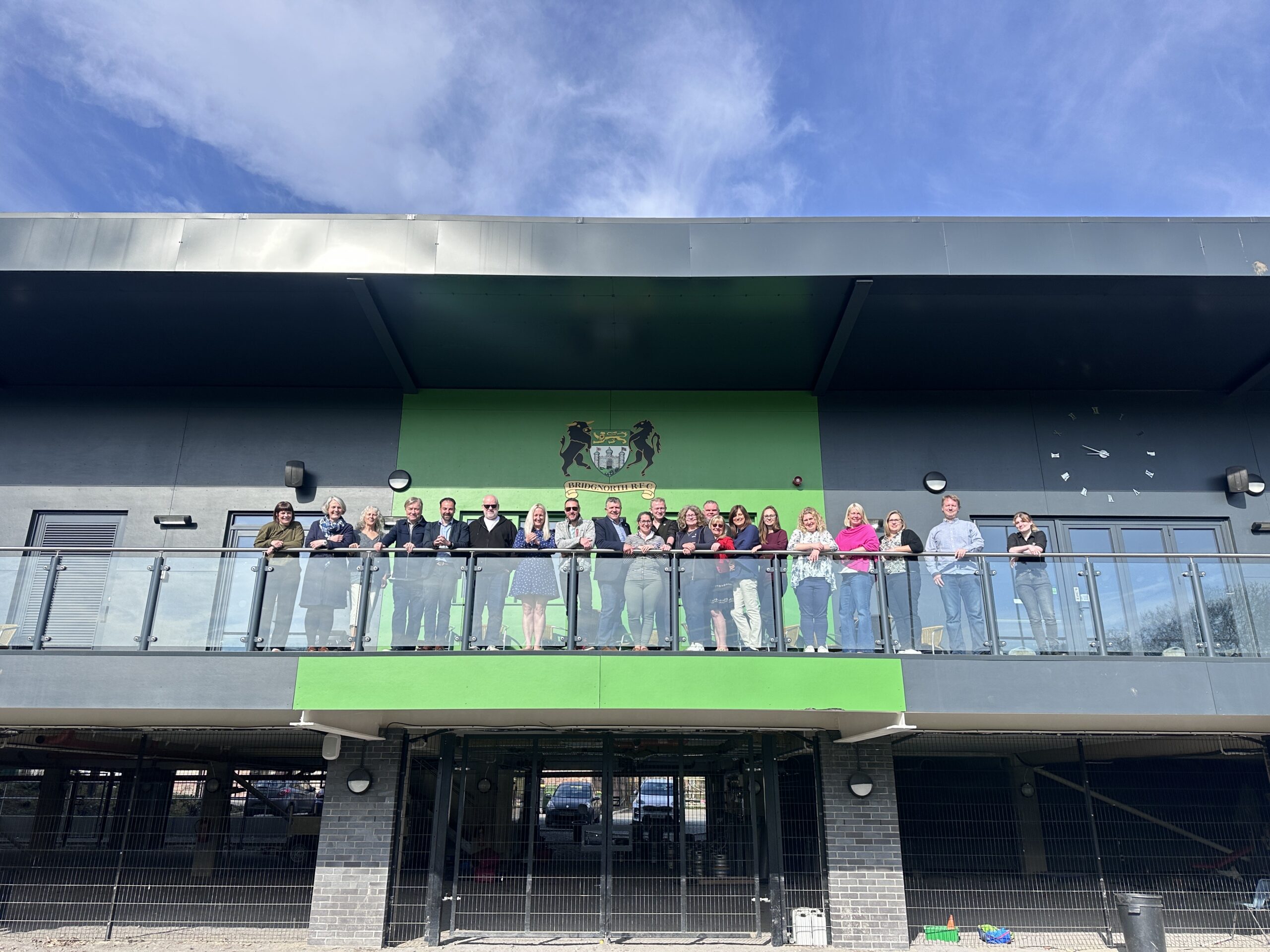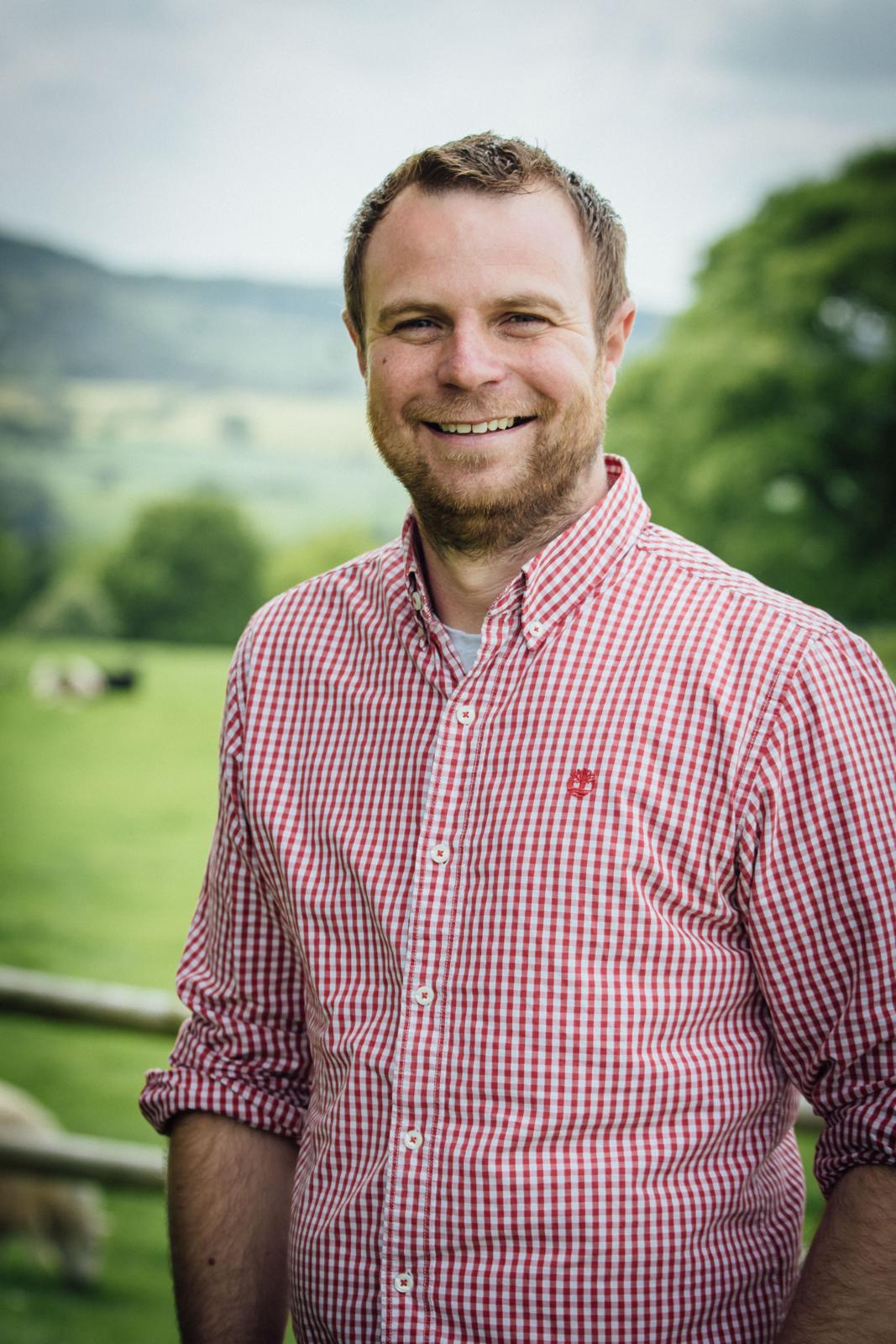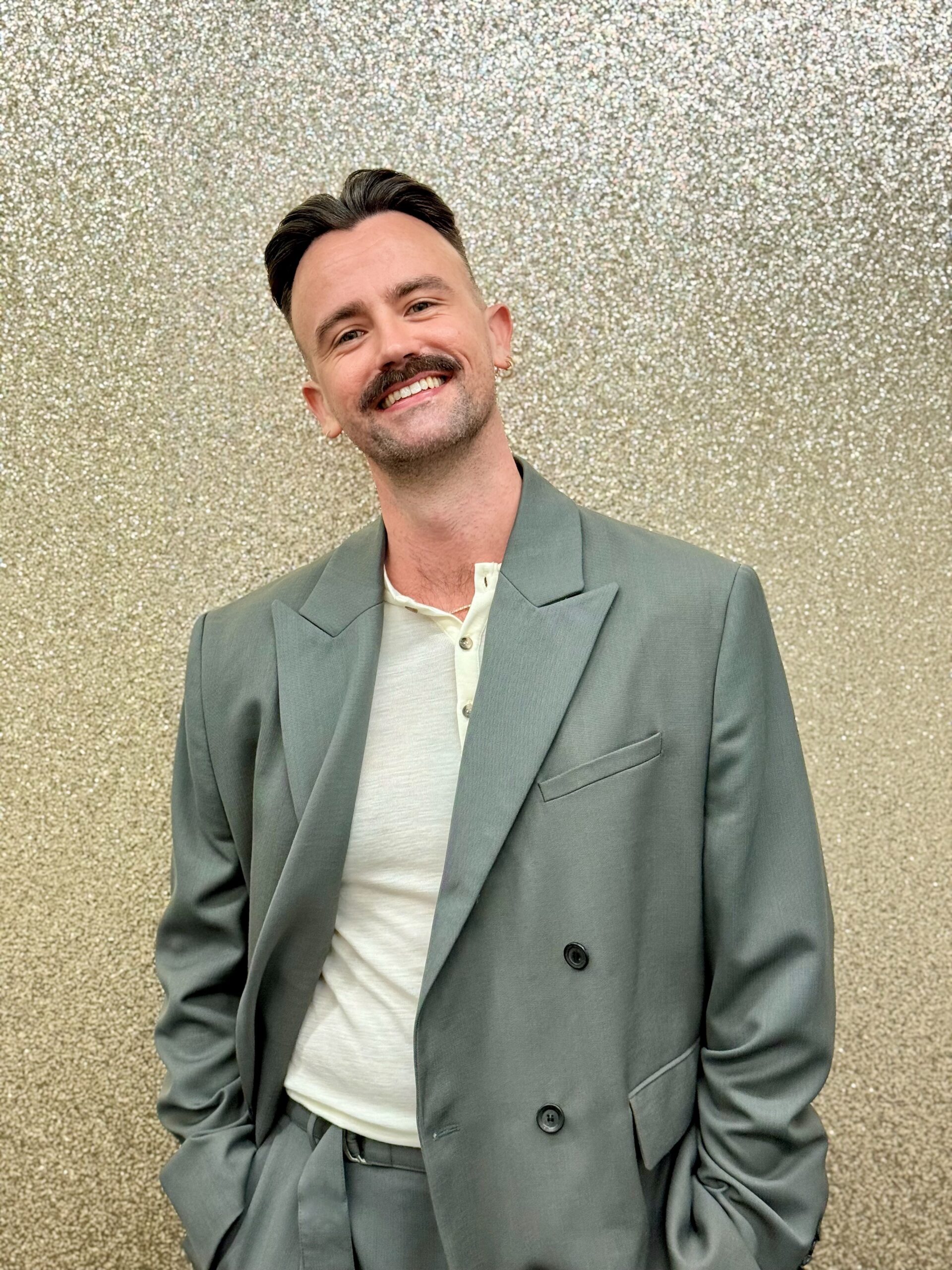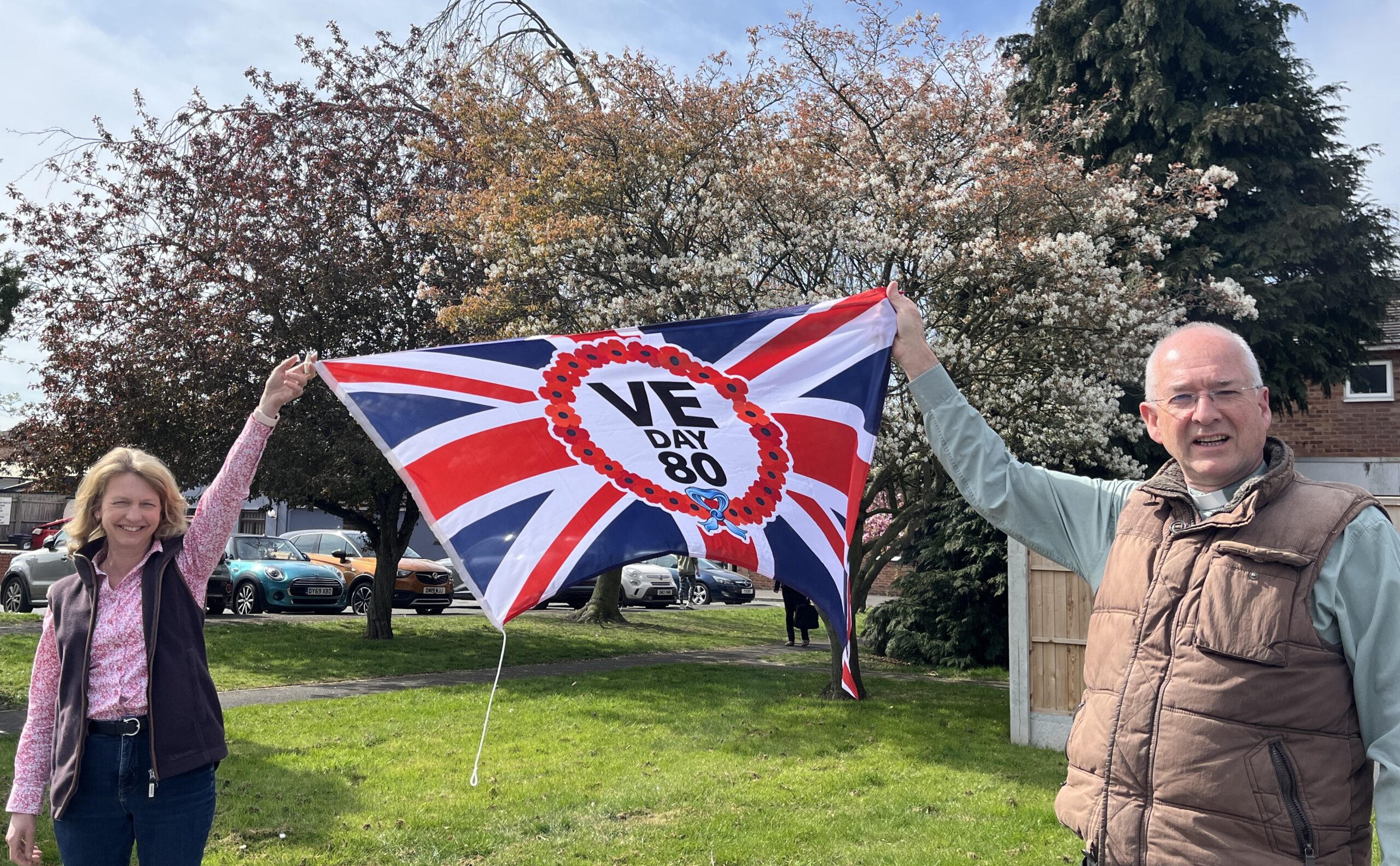A remarkable new book offers a very personal account of how the coronavirus pandemic affected a small Shropshire town. Neil Thomas was moved by an unaffected work of simple humanity.
‘For someone like me, with family abroad and living alone, it was devastating. My social life went. No cinema or theatre, nor my weekly swimming. But the cruellest cut was not being allowed into my office . . .
‘I spent a lot of time on my own and I can mostly cope but, when it is enforced, it brings a whole new meaning to being lonely.’
This heart-rending reflection of one person’s life in lockdown is part of a fascinating social study of how the pandemic impacted on one of Shropshire’s most picturesque places.

Residents and businesses in Much Wenlock put pen to paper to record what life was like for a small market town between 23 March 2020 and 23 March 2021.
The result is Wenlock’s COVID Chronicles (A Year Like No Other), a new book that offers a fascinating insight into how townspeople of all ages and backgrounds coped with the toughest peacetime restrictions on our individual and collective liberties in modern history.

It was the idea of Deputy Mayor Mary Hill, who has a huge interest in the history of the town.
“When the COVID-19 virus struck and was engulfing the world, I felt it was important that a record was made of how Much Wenlock responded to this dreadful disease,” she says.
Mary believed that people in 50 years time would be interested to read personal accounts of daily life in the pandemic. She originally thought around 20 to 30 people would take part in the exercise, with their experiences documented in the town’s archive.

However, Mary’s idea really caught on. More than 70 contributions flooded in, containing scores of stories and anecdotes, a mixture of light and shade. There was clearly enough material for a book.
Mary recruited local author and publisher Ina Taylor, with whom she had worked on previous historical projects, and Ina’s husband Colin was drafted in as editor. Much Wenlock Town Council agreed to publish the 180-plus page work.
“An important historical record it might be, but it is also a colourful and diverse account of a time the like of which none of us have experienced.”
There is the story of the butcher’s, completely unprepared for panic buying in March last year when sales soared by 250 per cent, then struggling to restock as their supply chain came close to collapse.

There is the farce of a community hall having to hide its supply of loo rolls as panic buying stripped supermarket shelves and left many short.
There’s the pub which transformed itself into a takeaway service, delivering 10,000 meals to locals! There’s the primary headteacher, who drove round delivering meals to his pupils and then, when the rules changed, set his alarm for 3am to go online to access meal vouchers for them. Then there is the family, working out how to celebrate mum’s ‘significant’ birthday with restaurants, pubs, holidays and daytrips all closed or banned.
The Wenlock Olympian Games Live Arts event just squeezed through at the start of March – and theirs turned out to be the only Olympic medals awarded that year as the Tokyo Games were postponed!
Other people write of the delights of gardening or the unexpected opportunity to quietly enjoy wildlife.
As tens of thousands died of COVID across the country, the NHS struggled to cope with its regular work – much of it treating serious illness – and fears were expressed in the media that vital diagnoses were being missed.
This anguished excerpt from the COVID Chronicles doubtless echoed similar stories across the UK. Farmer Duncan Whiteman saw a consultant in February 2020 over bowel issues. However, it was three months before an appointment date could be found for an investigative procedure.
‘I asked to go private because I feared it was serious. I was accepted to go to the Nuffield, Shrewsbury, only to be told Lockdown had started and the NHS was taking over the Nuffield; they would be in touch. Nothing heard from the NHS until June, procedure done! Bowel cancer discovered!
‘Devastation! I was left to panic for three weeks before I could see any consultant. I thought my number was up!
‘After that time, I was told I could be cured by an operation and follow-up chemotherapy’.
In August, wife Kay dropped Duncan off at the hospital door – but was told she would not be able to see him after that.
He was, of course, unable to work. Kay recalls, ‘We still had this year’s harvest to get in. Thank God for friends in the local farming family. They all came together and helped us to get the harvest in, which I will always remember and be grateful for.’
Duncan added, ‘Incredibly special people. Makes my heart melt to think that there are people out there only too happy to help in a crisis. Amazing!’
“Makes my heart melt to think that there are people out there only too happy to help in a crisis. Amazing!”
His story reflects, too, the marked difference between the first national lockdown which started in March 2020 and the second, beginning on November 5.
‘Second lockdown is different More cases around here, more traffic around, more takeaways being eaten and more risk of being very ill because of my treatment and catching COVID-19 or flu. Shielding.’
As infections spread locally, the family locked down to protect Duncan, including the tough decision to keep daughter Daisy away from William Brookes School. ‘I’m so proud of how she has coped,’ Kay writes.
“Our notion of family celebrations changed, as pubs, restaurants, village halls and other meeting places were subjected to closure then tough restrictions.”
But people found other ways to mark special occasions, as Carole Bickerstaff recounts.
‘Mum’s 90th birthday was in August, so we organised a ‘socially distanced’ party over two days in our garden, with various relatives and friends dropping in at two-hourly intervals for cream tea (scones made by my lovely neighbour) and lots of prosecco! Luckily it worked out really well and Mum thoroughly enjoyed it!’
The new routines that accompanied the pandemic are articulated by Carl Litchfield, Headteacher at Much Wenlock Primary School.
He writes in March this year: ‘Although the pandemic has been going on for nearly a year, our school has got off lightly in terms of children catching COVID-19. We had not had to close any bubbles and we still had not had any infections amongst staff.

‘The introduction of home testing kits was a major development for all schools. It did become a bit of a joke that during the spring term every Wednesday and Sunday evening, all the staff would be at home looking in the mirror, taking a swab from their tonsils before inserting it up their nose. It was not a pleasant experience; however, the importance of this was brought home when, totally unexpectedly, a teacher’s test came back positive. As they had no symptoms, they would have been in school the next day and who knows what would have happened. Fortunately, they were able to self-isolate and thankfully came through without any complications.’
There are far too many stories to mention them all here. Wenlock’s COVID Chronicles encompasses the highs and lows of living through the pandemic. It’s a series of very human stories, of kindness and innovation, alongside struggles against adversity. But what comes through most of all is the overriding sense of optimistic determination.

This is no better articulated than by Alison Brazier and Daisy Whiteman.
Alison writes, ‘There is less traffic past the house, less noise, a bigger blue sky and lots of birds twittering away. My asthma has gone. I am walking more and feel lucky to be part of this town. We are all watching out for each other and speaking at a distance to people we have never known that live in this community’.
And the final word to young Daisy, who writes, ‘Coronavirus has affected me in many ways. A lot has happened in lockdown. I have moved house and I have found out my dad has cancer. I have struggled with school work. I have been worried and frustrated too many times to count, over school work, family, friends and so much more.
‘My life has changed so much in this year, in some ways for the better and in others for the worse.
‘But I have learnt, during this tough year, to treasure every moment because, in a second, everything can change. Before this year, I don’t think I realised how lucky I am.
‘I am 13 and my life has been turned upside down, but I have learned so much; it has been difficult, but I got through it.’






